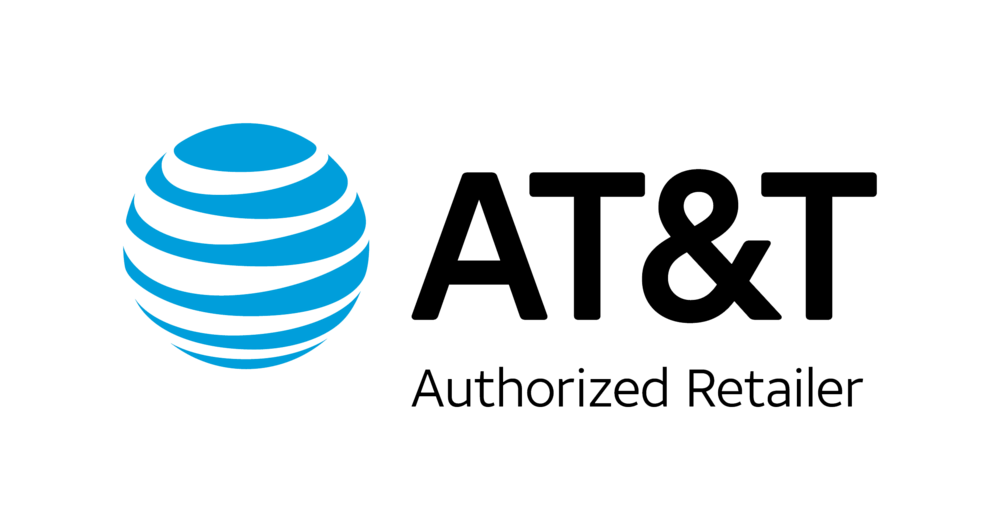Things to Look for Best Cheap No-Contract Internet Service Providers

Mon, Aug 16, 2021 04:51 AM
You're bound to come across some special words when browsing for a no-contract internet provider. Let's take a closer look at what these terms signify.
Prepaid Internet Plans
Prepaid internet plans have been released by providers such as Xfinity and Cox Internet in addition to their usual contract internet plans.
Prepaid internet services provide no-contract freedom, allowing you to pay month to month rather than being bound into a long-term commitment. Prepaid internet plans, on the other hand, are only recommended if your household's internet needs are limited to web browsing and email checking.
Data Limit/Data Cap
A data cap—or data allowance, as many ISPs call it so it doesn't sound so bad—is the monthly limit on the amount of data you can upload and download from your ISP.
When data caps are exceeded, there are usually consequences, such as fines or slower internet connections.
However, most data restrictions are about 1,000 GB (or 1 TB), which is more than three times the amount of data required by the average US household. You won't have to worry about a data cap very much unless it's under 500 GB.

Best No-Contract Internet Providers
| Provider | Price | Download Speed | Data Cap | View Plans |
|---|---|---|---|---|
 |
$35 to $75/mo | 100-940Mbps | Unlimited | CenturyLink — Best for lifetime pricing |
 |
$35 to $60/mo | 10-940Mbps | 1TB | AT&T — Best for fiber internet |
 |
$22 to $59.99/mo | 50-940Mbps | Unlimited | RCN — Cheapest Internet Packages |
 |
$35 to $75/mo | 100-940Mbps | Unlimited | Optimum — Best value for cable internet |
Also Read: Internet Service Provider Data Caps Guide For 2021
Internet Download Speed
The amount of data you can download per second is referred to as download speed. The greater the number, the faster a webpage will load in your browser.
The Federal Communications Commission set a download speed of 25 megabits per second as the standard for broadband internet. If you have smart home gadgets or a large number of people in your home that use the internet, you'll need more than the broadband standard.
Most households will be satisfied with a download speed of 100 Mbps, while options as fast as 1,000 Mbps are available.
Internet Upload Speed
Upload speed refers to how much data you can upload every second. The higher the number, the faster you can upload pictures and videos to the internet.
The FCC set 3 Mbps upload speed as the standard for broadband internet. Unless you’re uploading large pictures and videos to the internet (or a lot of little ones at once), you probably won’t need more than that.
If you're not planning on remaining in one spot for long, many ISPs can let you avoid contracts. Optimum, RCN, AT&T, and CenturyLink all offer fantastic internet packages that don't need you to sign long-term contracts.
Look for ISPs who offer competitive download speeds of at least 100 Mbps and price guarantees that last longer than a year while looking for no-contract internet providers.
Featured Plan

Bundles starting from $64.99/mo.
Optimum internet plans offer 1000 Mbps of ultra internet speed with Altice Fibe. You will be able to enjoy 420 plus channels in 4K ultra HD. Optimum is the fourth-largest cable provider in the United States.
View More Deals! (833) 396-32123